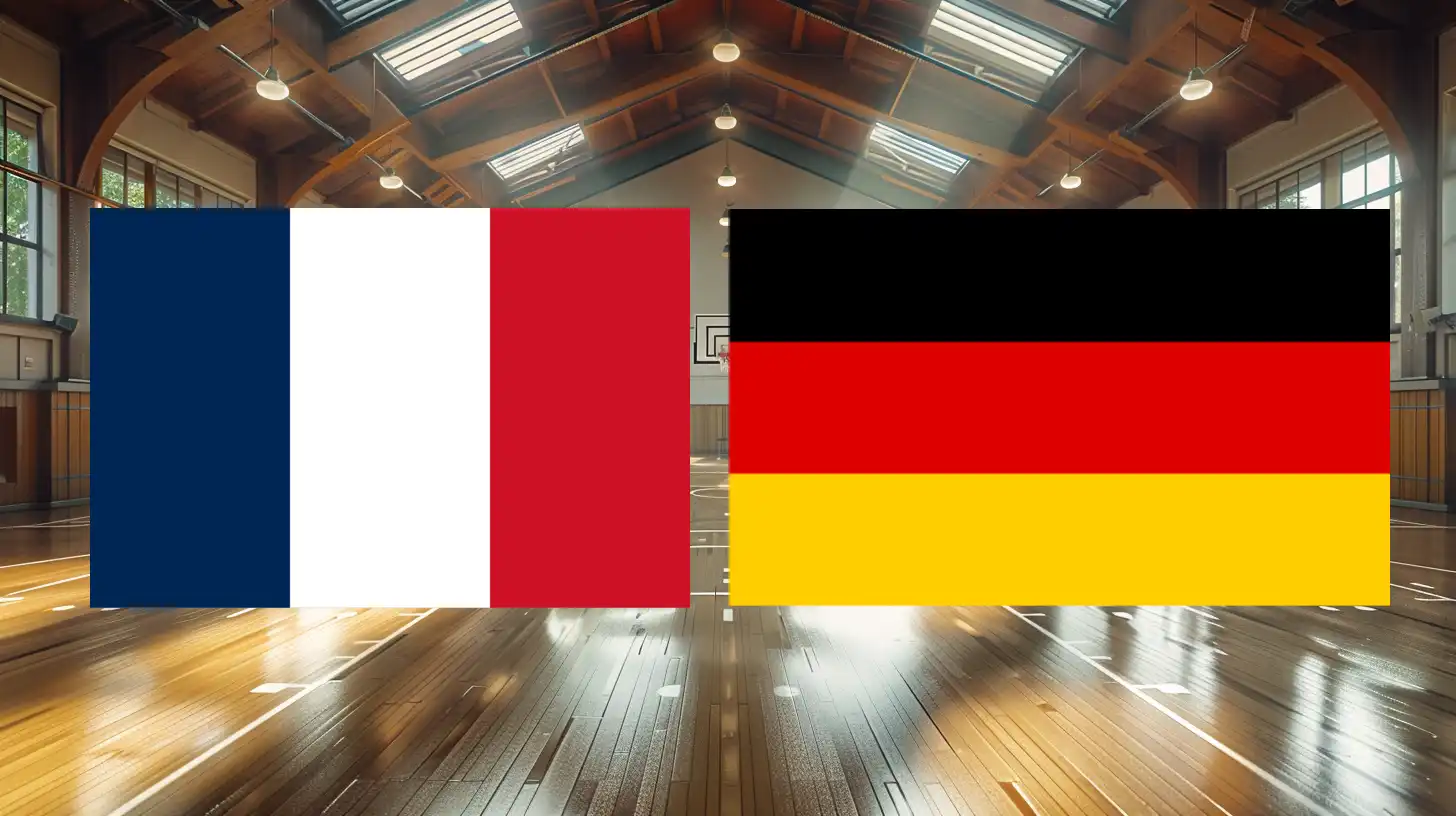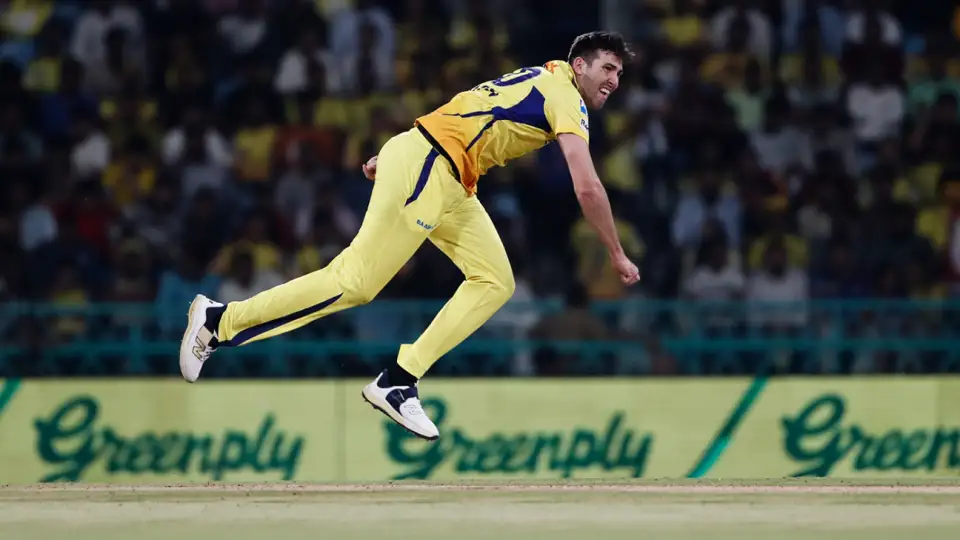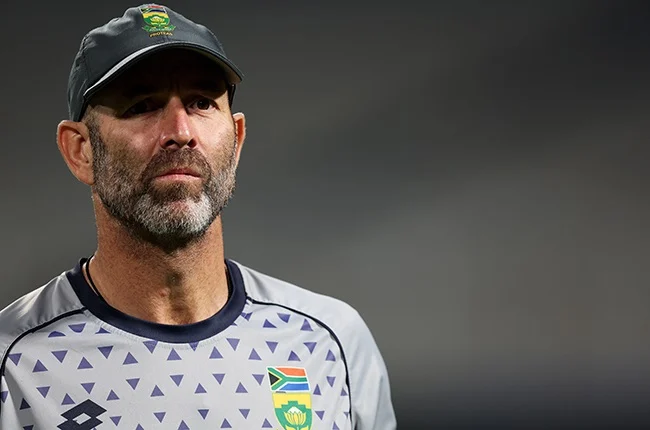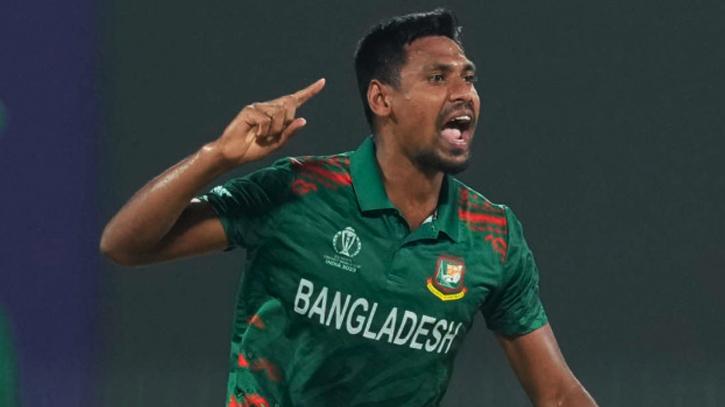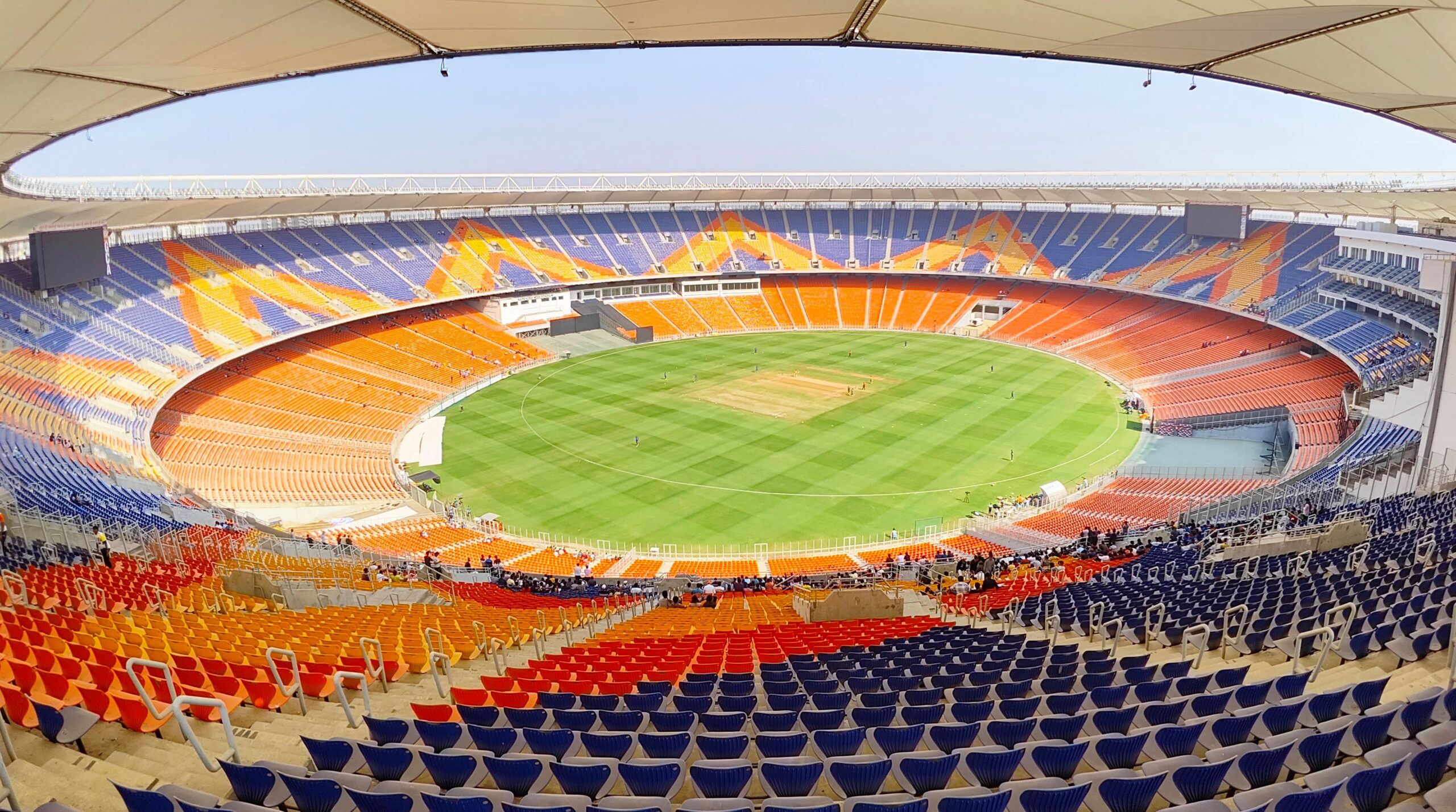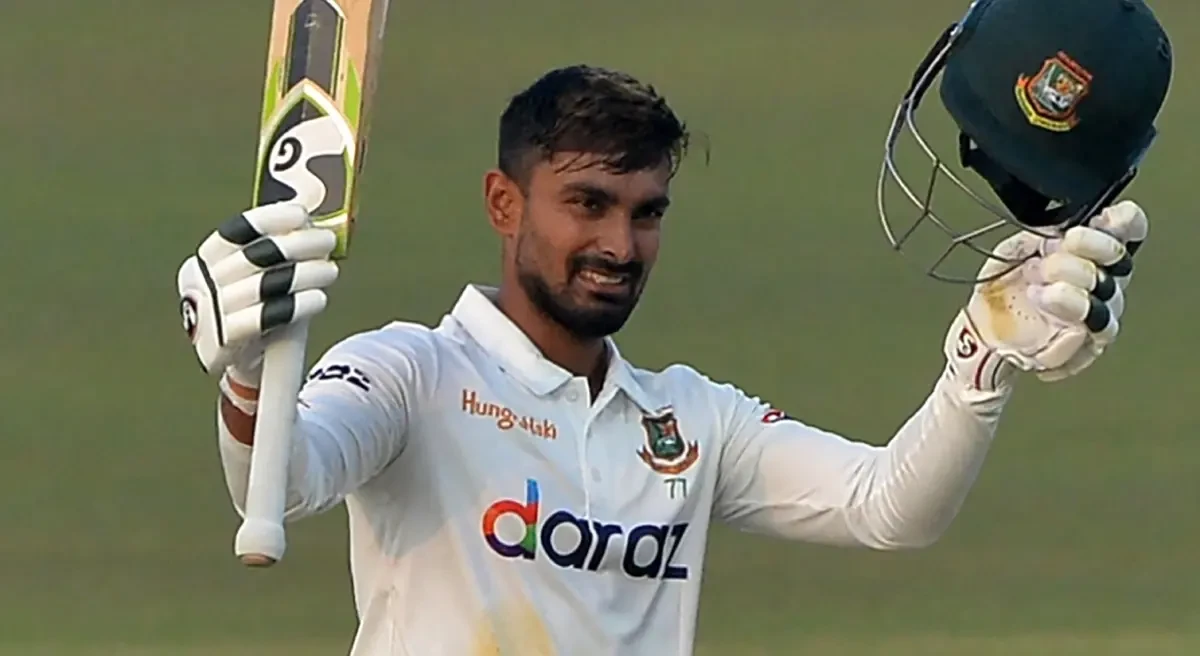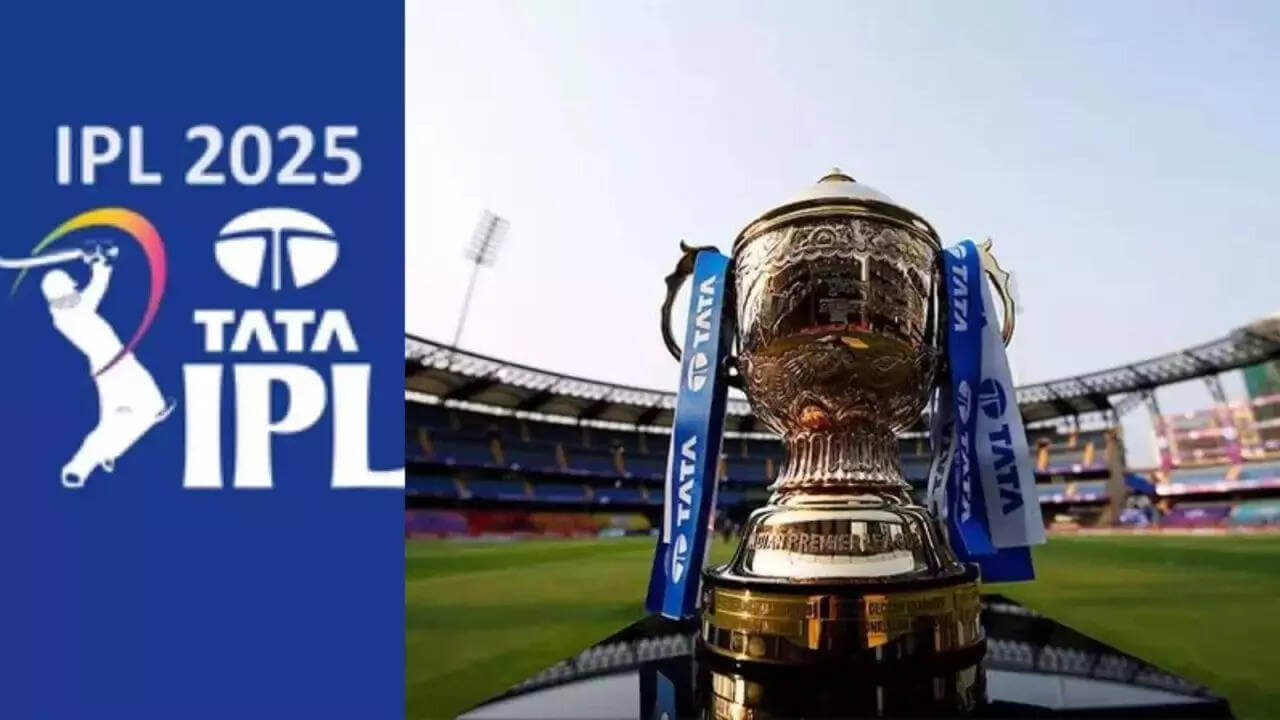In a surprising turn of events, Rob Walter has stepped down as South Africa’s white-ball coach, citing personal reasons. This unexpected resignation comes at a pivotal time for the Proteas, especially with the 2027 ODI World Cup on the horizon—a tournament South Africa is set to co-host with Namibia and Zimbabwe. Walter’s departure raises pressing questions about the team’s direction and stability in the competitive arena of international cricket.
Cricket South Africa (CSA) wishes to announce the resignation of the Proteas Men’s white-ball head coach, Rob Walter, effective 30 April 2025.
— Proteas Men (@ProteasMenCSA) April 1, 2025
Walter has attributed his resignation to personal reasons, which CSA has accepted.
Walter, who has held the position since March… pic.twitter.com/IFeWGZ2U2T
Rob Walter’s Tenure: A Mixed Bag of Success and Struggles
Key Achievements
Despite being in the role for just over a year, Walter oversaw significant moments in South African cricket history:
- T20 World Cup 2024: South Africa reached their first-ever men’s ICC final, narrowly losing to India by just seven runs.
- 2023 ODI World Cup: The Proteas made it to the semi-finals, reinforcing their return to competitive form.
- Champions Trophy Qualification: The team secured a semi-final spot, maintaining strong tournament presence.
Walter focused on modernizing South Africa’s white-ball strategy and expanding the player pool. His leadership helped rejuvenate belief in the squad’s ability to compete on the global stage.
Areas of Concern
However, Walter’s stint wasn’t without hurdles:
- Bilateral Series Inconsistency: A major concern was the team’s lackluster performance outside of major tournaments. The most glaring example came in December 2024, when South Africa was whitewashed 3-0 at home by Pakistan—marking their first white-ball series whitewash on home soil.
- Squad Continuity Issues: The increasing pull of franchise leagues saw key players frequently unavailable, leading to instability and a lack of rhythm in team selections.
Why Did Rob Walter Step Down?
While Walter officially cited “personal reasons” for his resignation, several contributing factors may have played a role:
- Travel and Location Constraints: Walter resided in New Zealand, which made logistical consistency challenging. The constant travel likely took a toll on both professional and personal fronts.
- Internal Pressure: The team’s underwhelming bilateral record and rising public scrutiny may have compounded stress, influencing his decision to step away.
- CSA’s Direction: With long-term planning in focus, Walter might have felt misaligned with CSA’s evolving expectations or future strategies.
The Impact on South African Cricket
Walter’s exit creates a vacuum that CSA must urgently address. The implications are wide-ranging:
1. Leadership Void
Replacing a head coach of Walter’s calibre won’t be easy, particularly with the next global tournament cycle already underway. CSA will need to act swiftly to avoid disruption in team planning and preparations.
2. Continuity vs. Change
Walter’s emphasis on building depth in the squad was a forward-thinking strategy. Whether the next coach continues down this path or resets priorities will shape the team’s trajectory through to 2027.
3. Morale and Momentum
Walter brought structure and clarity to white-ball formats, and players responded positively to his style. Maintaining this momentum without him will be a key challenge for whoever steps in next.
Possible Candidates to Fill the Gap
A few names are already being speculated to take over the reins:
- Robin Peterson: Known for his recent coaching success in South Africa’s domestic scene and the SA20 League.
- Enoch Nkwe: Currently CSA’s Director of Cricket, Nkwe has served in an interim coaching capacity before and has strong ties to the team.
- Shukri Conrad: The current red-ball coach might be considered for a dual-format coaching role, streamlining leadership across formats.
Each potential candidate brings a different skill set, but all share an understanding of South Africa’s cricketing ecosystem—something CSA will likely prioritize.
Place your bets at JitaBet, JitaWin, and Jita88, they offer really good odds, play and win big!
JUST IN: Rob Walter has resigned as South Africa's white-ball head coach, citing personal reasons pic.twitter.com/OsZilACu8I
— ESPNcricinfo (@ESPNcricinfo) April 1, 2025
Conclusion
Rob Walter’s resignation as South Africa’s white-ball coach is more than just a staffing change—it’s a pivotal moment that could shape the future of South African cricket. His tenure may have been short, but his contributions—especially leading the team to a T20 World Cup final—will be remembered. Now, the spotlight turns to CSA’s next move. With the 2027 ODI World Cup fast approaching, the Proteas need leadership that can balance stability, adaptability, and tactical innovation.
As the dust settles, one thing remains clear: South Africa cannot afford to lose the momentum Walter helped build. The decisions made in the coming weeks will be critical to defining the Proteas’ white-ball legacy for years to come.

